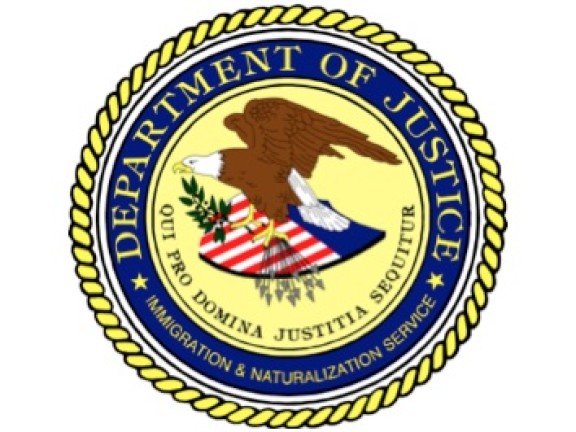Published July, 2014
Best Practices Guide to Reform HIV-Specific Criminal Laws to Align with Scientifically-Supported Factors, U.S. Department of Justice Civil Rights Division (2014)

The U.S. Department of Justice (DOJ) has issued guidance to help end HIV criminalization – the use of criminal law to prosecute and penalize people living with HIV for conduct that would be legal if they did not get tested or know their status. DOJ’s guidance, titled “Best Practices Guide to Reform HIV-Specific Criminal Laws to Align with Scientifically-Supported Factors,” provides technical assistance to ensure that HIV-related criminal laws and policies reflect contemporary medical and scientific understanding of the routes, risks, and consequences of HIV transmission.
A White House Press Release dated July 15, 2014, announced the release of the Best Practices Guide as part of the National HIV/AIDS Strategy, which envisions that “the United States will become a place where new HIV infections are rare and when they do occur, every person, regardless of age, gender, race/ethnicity, sexual orientation, or socio-economic circumstance, will have unfettered access to high quality, life-extending care, free from stigma and discrimination.”
CHLP's announcement was featured in The Body.
Copyright Information: CHLP encourages the broad use and sharing of resources. Please credit CHLP when using these materials or their content. and do not alter, adapt or present as your work without prior permission from CHLP.
Legal Disclaimer: CHLP makes an effort to ensure legal information is correct and current, but the law is regularly changing, and the accuracy of the information provided cannot be guaranteed. The legal information in a given resource may not be applicable to all situations and is not—and should not be relied upon—as a substitute for legal advice.